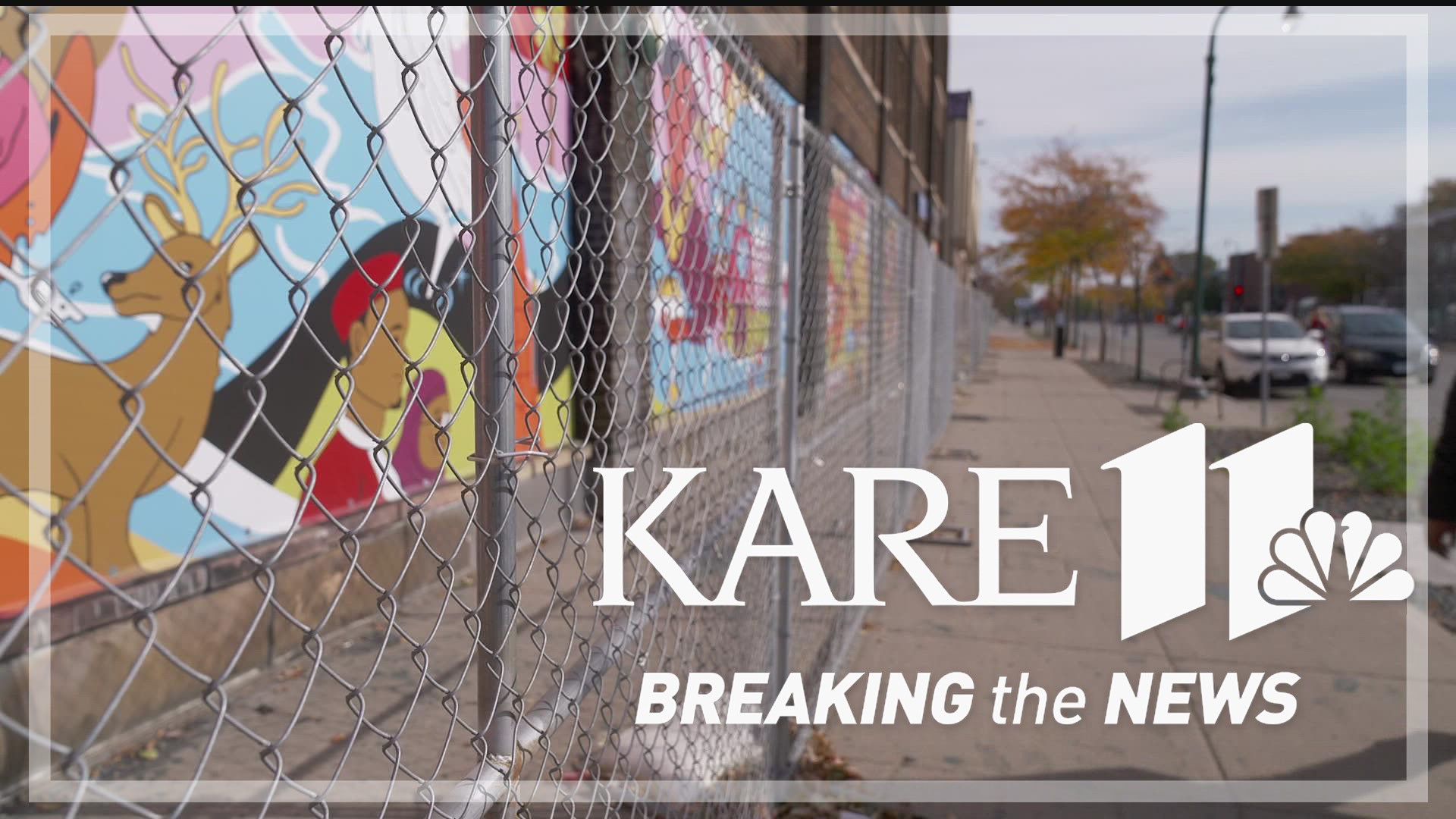MINNEAPOLIS — On Thursday, the City of Minneapolis took another step forward to continue to rebuild certain areas that were hit hard — first by COVID-19 and then the destruction following the murder of George Floyd.
More than two years later, several new projects will get a big boost, thanks to millions of dollars in new grants.
These grants, made possible by funding from the Minnesota Department of Employment and Economic Development (DEED)’s Main Street Economic Revitalization Program, are part of a $96 million public-private campaign of grants and loans led by the Minneapolis Foundation in partnership with LISC Twin Cities, Propel Nonprofits and community-led advisory committees.
"Lake Street is never going to be what it used to be and West Broadway will never be what it used to be," said former Minneapolis Mayor R.T. Rybak. "Almost every single entrepreneur faced some of the greatest obstacles they would ever face, and they've doubled down on making sure these places are going to be an even better place to be in the future."
That includes the Coliseum Building, long known for housing local businesses that was badly burned following the murder of George Floyd. But it's one a new group of buyers plans to rebuild, including architect Alicia Benton.
"It's going to be a BIPOC ecosystem where people who are coming into the building, who are working in the building, will be seen, valued and heard," said Benton.
Two miles away at Eat Street Crossing, signs of construction fill what will be the area's newest food hall that's owned, in part, by Lina Goh.
"The neighborhood just embraced us, Minnesotans embraced us, and we want to give back," said Goh, who moved here from California 18 years ago.
MORE NEWS: Transportation Secretary Pete Buttigieg visits Minneapolis to see $12 million Lake Street project
Famous for starting a Japanese lunch spot in the skyways to now joining forces with other food giants to open the food hall - until COVID-19 closed it down.
"We just started and March 16 we got the announcement we have to shut down and all of us were like, ok what should we do now," said Goh. "We heard about the program and we started applying and see if we could even get some help."
Like the Coliseum, the 16,000 square foot hall received $750,000 and Goh said she plans to open it by the end of the year.
For some of the 20 projects revealed on Thursday, the grants this go-around will be enough. For others, it's a shot they may not otherwise had to help with progress and hope that places, and people, can heal.
"In some cases, this will be one more step in a series of steps that we need to take to make sure that all these projects work," said Rybak. "We have come an enormously long way and we have a long way to go."
The Minneapolis Foundation, LISC Twin Cities, and Propel Nonprofits will soon begin accepting applications for a second round of Main Street grants with funding from an additional DEED allocation that was announced this spring.
This round will distribute up to $11.5 million in grants to six additional geographic areas that were hard-hit in the aftermath of George Floyd’s murder: East Franklin Av. in Minneapolis, the Cedar-Riverside neighborhood of Minneapolis, the areas around Penn and Lowry avenues in North Minneapolis, Brooklyn Center, and Brooklyn Park. The Metropolitan Economic Development Association (Meda) will also partner in administering this round of funding.
Detailed grant guidelines and deadlines will be announced on Oct. 25 on the Minneapolis Foundation’s website, www.minneapolisfoundation.org.
Watch more Breaking The News:
Watch all of the latest stories from Breaking The News in our YouTube playlist:

